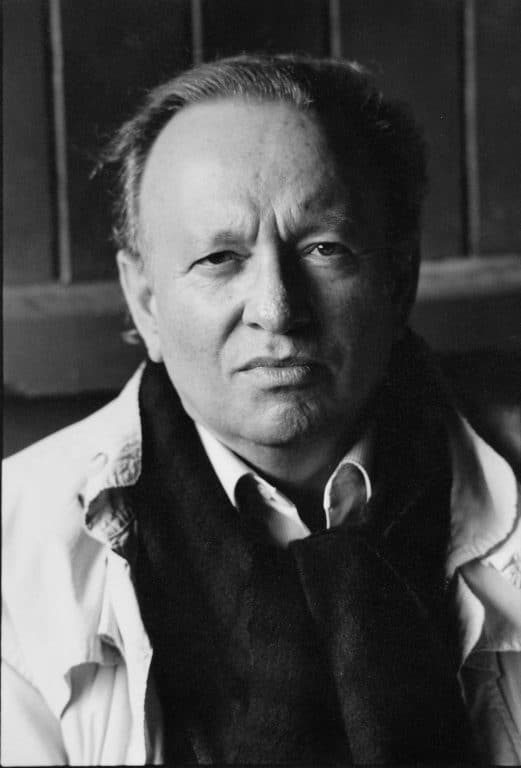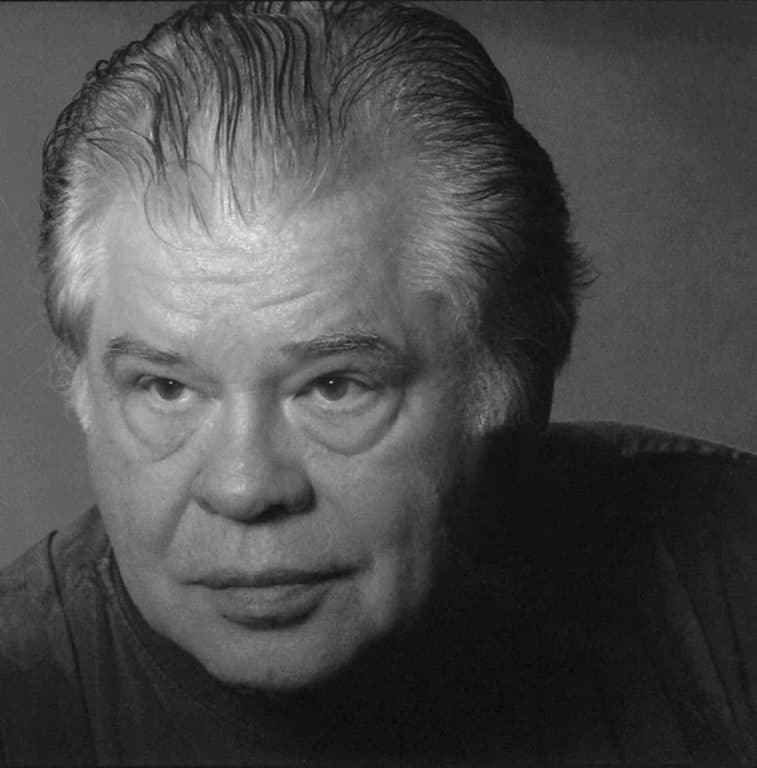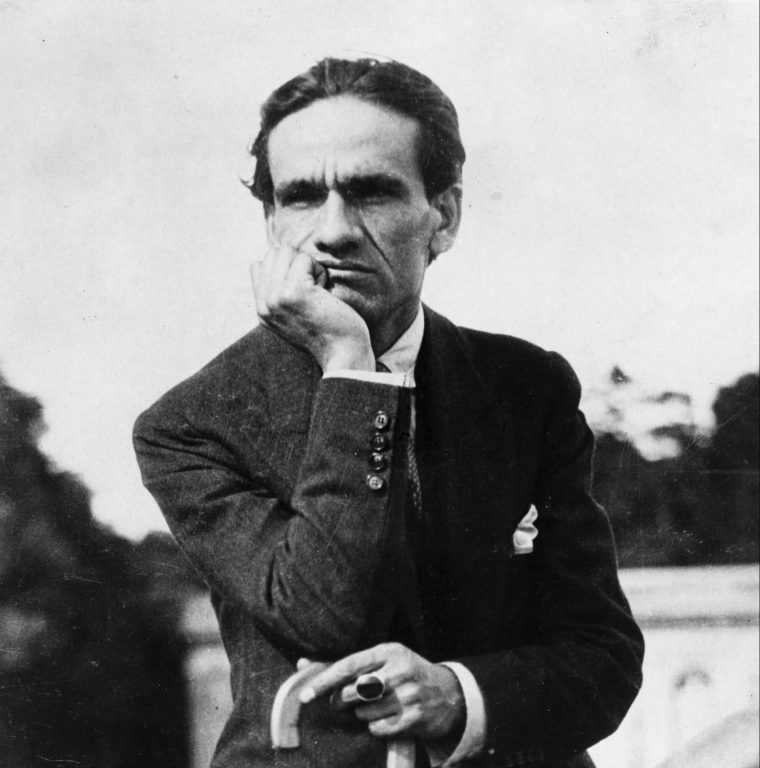...
I followed the path into the woods, and just as my friend described, it led across the old railway bridge. The water beneath the bridge was wide and deep and not particularly clear. It seemed to swell as it flowed, as if pushing something unseen downriver. Indeed a large dredging barge was planed in the midst of the river, doing its unseen work. At one point along the right-hand side of the bridge was a bronze plaque, along with three poems and some plastic flowers tacked to the wooden railing. A boy had jumped to his death here some time ago it seemed, and the poems - one by his parents - were there not only to mark the loss, but also as a means of speaking with him directly. The poems, expressed in commonplaces, were not fine art, but they were communication. They were the sort of poems that say what they mean. Amazingly, almost superstitiously, people still fall back on writing poetry when they feel they have something truly important to communicate.
...
I understand the parents' wish, despite everything, to speak to their son, though if it were up to me I'd take the poems and flowers down. Yet I too would like to place a poem on the bridge for those who've gone under, as well as those of us who've stayed above.
On the last night of the year
the swans set sail at evening.
Then among the boats and fireworks
we can see the black water,
the city in the river.
That's where all our life is,
beyond the grief and failure,
the wake among the reeds.
Down there
down there
what is that place now
but a hill studded with lights
and a pine tree that doesn't move with the wind?
Wherever there is summer,
wherever the crickets sing to it,
that place is.
But longing is a wind that blows through you,
and like the pine that is nowhere
you do not move.
Copyright © 2004 by Roo Borson, A Short Journey Upriver Towards Oishida, McClelland & Stewart




